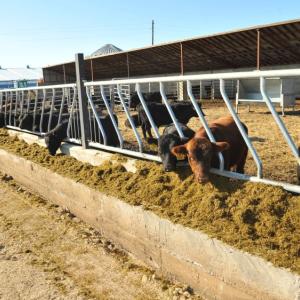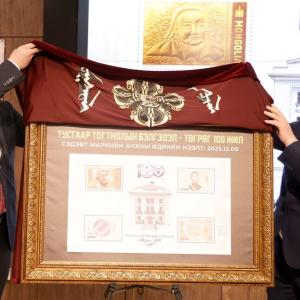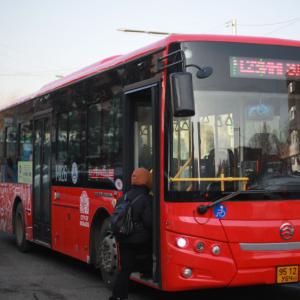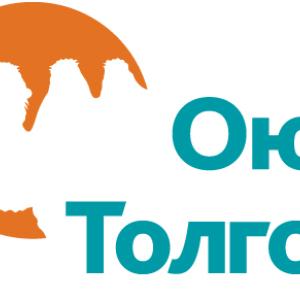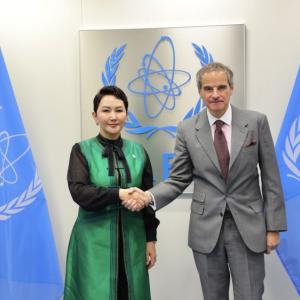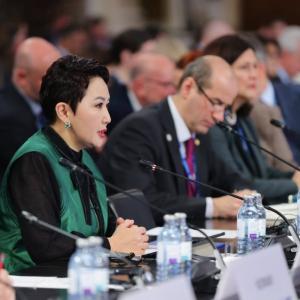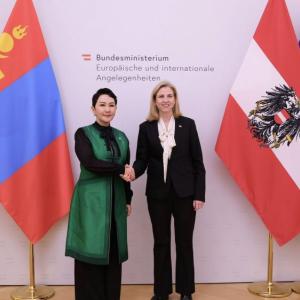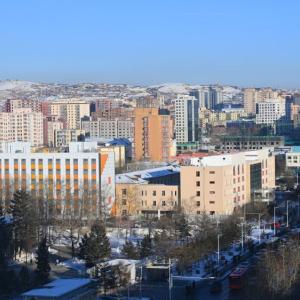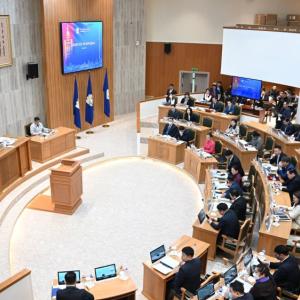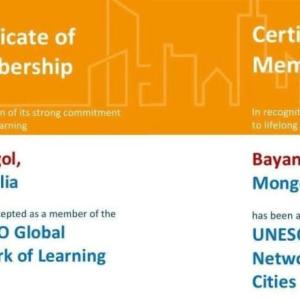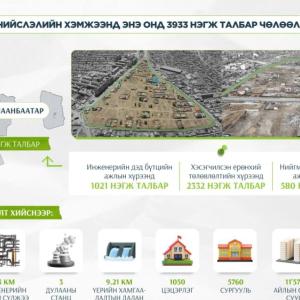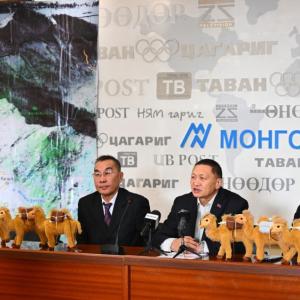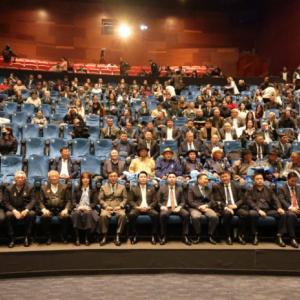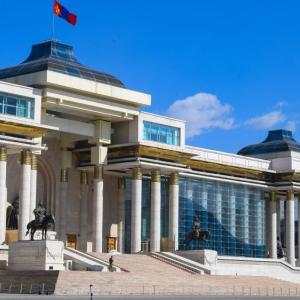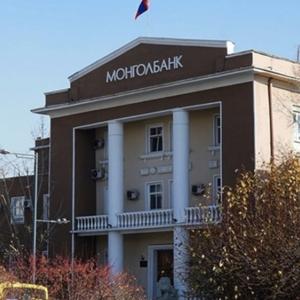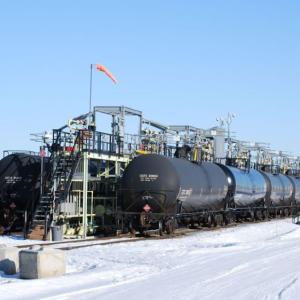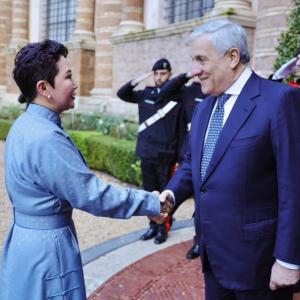Privately-funded stock exchange to be established
The Mongol MessengerFormer CEO of Mongolian Stock Exchange reviews the Mongolian Stock Market
In the last 25 years, the structure of Mongolia's financial system has been dominated by commercial banks. Almost 95 percent of this bank-oriented system is composed of commercial banks and the remaining 5 percent is made-up of the stock exchange, non-bank financial institutions and financial services.
As a result, domestic business enterprises had only one source for funding. “Today, the annual interest on commercial bank business loans are at 24-36 percent or 2-3 percent monthly as well as its average duration is two-years. This means the financial market cannot fulfill its responsibilities to support the private business sector,” said economist Angar Davaasuren, former CEO of the Mongolian Stock Exchange.
Presently, enterprises borrow over Tgs 10 trillion in loans yearly, Tgs 2 trillion of which is used for interest rate payments alone. Furthermore, the quantity of non-performing loans, which are where debtor entities that have not been repaid loans in accordance with the repayment schedule, have increased drastically in the last few years. In the last two years alone, non-qualified loans reached Tgs 1 trillion, showing the necessity to inaugurate a new source for them to raise funds aside from commercial banks. All those above-mentioned factors are due to Mongolia’s underdeveloped stock financing system according to Mr. Angar.
Certain factors, including a lack of proper government policy directed at enhancing the stock market, a weak institutional framework of the Mongolian Stock Exchange state-owned company, as well as a legal environment that is regulating the Financial Regulatory Committee and financial market is somewhat complicated and demanding which causes the financial system to not improve. Globally, stock exchanges are profit-oriented commercial entities where the main aim of carrying out business is to earn a profit. Quite the contrary, the Mongolian Stock Exchange is 100 percent government owned and has insufficient competitiveness.
“The main purpose of having a stock exchange is making every citizen an investor” said Angar. The stock market allows every individual citizen to gain income and dividends every year through owning stocks of the most profitable companies of the country at that time. Thus, share owners will have another source of consistent income as people usually have only one source of income - income salary”. With a view to change the system's deficiency and create domestic savings capital, some 10 people who have abundant experience in the stock market have formed a ‘Capital Market Open Association’ NGO in order to establish Mongolia’s Capital Market Open Association. D.Angar will head the Board of Directors of the NGO.
The association will operate as its membership policy is directed at the general public instead of acting as a professional body. The following works and activities are planned for the Capital Market Open Association in the scope of introducing new products and initiatives to the domestic stock market -- Primary and mid-level training, events for local capital markets, repurchase agreements, crowd funding, derivative financial instruments, risk management tools (forwards, futures and options exchanges), Over-the-counter exchanges, short selling and so forth.
In the short-term, the Association is aimed at establishing a new stock exchange based on private sector funding which will improve the quality of stock market products and services, reduce prices by increasing competition on the market, and increasing the level public participation. Moreover, the association will work as a bridge to connect Mongolia with foreign investors, and organize business meetings and forums at global financial centers such as New York, London, and others.
Ts.Baljmaa
The article is featured in the Mongol Messenger' newspaper's issue No. 35 for September 2, 2016.
 Ulaanbaatar
Ulaanbaatar








